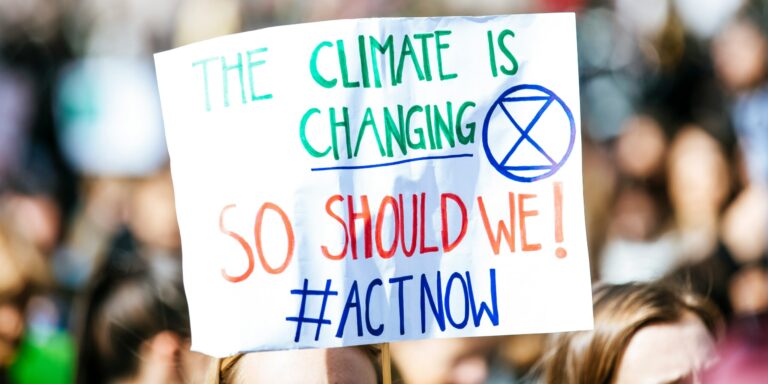As the effects of climate change become increasingly evident, the need for immediate and decisive action has never been more urgent. The recent spate of extreme weather events, such as the catastrophic floods in California and the severe heatwaves in Texas, is not an isolated phenomenon. These events are a direct consequence of a warming planet, serving as a wake-up call for governments, businesses, and individuals to take bold steps toward mitigating the environmental crisis. If left unchecked, the consequences of climate change will continue to accelerate, threatening ecosystems, communities, and economies across the globe.
The science behind climate change is irrefutable. The Intergovernmental Panel on Climate Change (IPCC) has consistently warned that if greenhouse gas emissions continue to rise at current rates, global temperatures could rise by 1.5°C above pre-industrial levels by as early as 2030. This threshold, once crossed, would lead to irreversible environmental damage, including rising sea levels, more frequent and intense heatwaves, severe flooding, and other extreme weather events. To avoid these catastrophic outcomes, we must drastically reduce emissions within the next decade.
Governments worldwide have a critical role to play in combating climate change. The policies they implement will shape the future of the planet. In the United States, the bipartisan infrastructure bill passed in 2021 was a positive step forward, allocating significant funds for clean energy projects, grid modernization, and resilience to climate impacts. The bill included investments in renewable energy technologies such as solar and wind power, as well as the expansion of electric vehicle infrastructure. While this progress is encouraging, it is not enough. Experts agree that even more ambitious policies and investments are needed to meet the challenges ahead and reduce emissions to the necessary levels.
A comprehensive approach to addressing climate change must include a focus on transitioning to renewable energy, reducing reliance on fossil fuels, and investing in climate resilience. Renewable energy sources, such as solar, wind, and hydropower, are key to reducing carbon emissions, and their rapid expansion is vital to meeting long-term climate goals. Additionally, governments must adopt policies that encourage energy efficiency, the electrification of transportation, and the development of sustainable industries. By investing in clean energy infrastructure and providing incentives for businesses and individuals to adopt green technologies, governments can create a more sustainable future.
Furthermore, addressing climate change is not only about protecting the environment; it is also about safeguarding public health, securing the global economy, and ensuring a livable future for generations to come. Rising temperatures and extreme weather events are already taking a toll on human health, exacerbating respiratory problems, heat-related illnesses, and the spread of infectious diseases. At the same time, industries dependent on natural resources, such as agriculture and tourism, are being severely impacted by changing climate conditions. By addressing the root causes of climate change, we can protect the health and well-being of people worldwide and create a more resilient economy.
The urgency of tackling climate change cannot be overstated. Every action, no matter how small, counts. From reducing individual carbon footprints to advocating for stronger environmental policies, every effort plays a role in the global fight against climate change. It is crucial that we act now, before it’s too late, to ensure a sustainable and equitable future for all.



